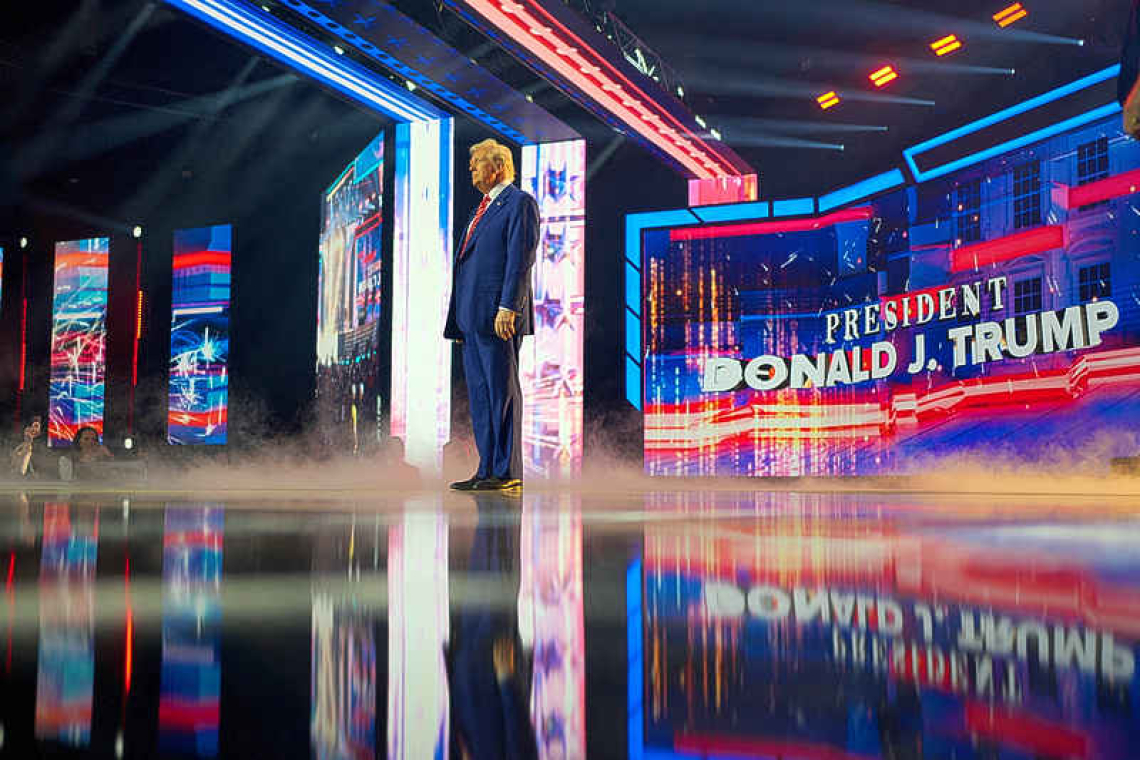WASHINGTON--President-elect Donald Trump is adopting a wide-ranging legal strategy in suing media companies over what he describes as false or misleading coverage about him, filing cases under civil anti-fraud laws in addition to defamation lawsuits.
Some legal experts say the cases appear aimed at punishing outlets for critical coverage, and that the novel legal strategies are an effort to get past steep hurdles in defamation lawsuits, which can be difficult for public figures in the U.S. to win. Trump has said the lawsuits, three of which were filed in the past year, are necessary because media companies are “very dishonest” and need to be held accountable.
“President Trump will continue to hold those who have committed, and are committing wrongdoings, accountable for blatantly false and dishonest reporting, which serves no public interest and only seeks to interfere in our elections on behalf of political partisans,” Trump spokesperson Steven Cheung said in a statement to Reuters when asked about the president-elect’s legal strategy.
Trump has one pending defamation case and is appealing a loss in another. His legal campaign against the media also includes at least two lawsuits brought under unfair trade practices laws and civil anti-fraud statutes aimed at protecting consumers from subpar products.
Media advocacy groups said Trump’s use of such laws against news outlets could be a way of circumventing legal protections for the press, which can only be held liable for defamation against public figures if they say something they knew or should have known was false.
“There is this broader trend of litigants trying to evade the First Amendment protections that the courts have recognized in the defamation context by pleading their claims as something other than defamation claims,” said Jameel Jaffer of the Knight First Amendment Institute at Columbia University, referring to the part of the U.S. Constitution that protects free speech.
Trump on Monday told reporters he planned to aggressively pursue defamation cases against journalists.He followed through that night by suing the Des Moines Register newspaper in Iowa state court over an opinion poll by the newspaper that showed Democratic presidential candidate Kamala Harris ahead of Trump before the Nov. 5 election -- but not for defamation. He instead brought his case under Iowa’s deceptive and unfair trade practices law, which makes it illegal to deceive or mislead consumers in the sale of merchandise.Trump's lawsuit said millions of Americans "were deceived by the doctored Harris Poll."
The Register acknowledged in a statement that the poll did not reflect Trump’s ultimate margin of victory but said it stands by its reporting and believes the lawsuit is meritless.
On Monday, Trump also mentioned his ongoing $10 billion lawsuit against CBS over the network’s October "60 Minutes" interview with Harris, which Trump said was deceptively edited. CBS said in a statement that it did not mislead the public and believes the lawsuit is meritless.That case in federal court in Texas was brought under the state’s deceptive trade practices and consumer protection act.
“Both of them are equally frivolous,” said media attorney and Boston College Law School professor Jeffrey Pyle, referring to the lawsuits.
Suing media companies under different laws could avoid some of the obstacles that often doom defamation cases, but it still carries risks, legal experts said. "This is creative lawyering. It doesn't mean that it's easier to win these other kinds of cases," said Ilya Shapiro of the conservative Manhattan Institute.
Iowa's consumer protection law, for instance, requires plaintiffs to prove a business knowingly did something deceptive and intended it to influence consumers. Some legal experts said Trump could have a hard time convincing a judge that news coverage aimed at selling newspapers fits under laws typically wielded against businesses that swindle consumers. In a long line of cases, courts have rejected efforts to bring what are essentially defamation cases under the guise of other laws.







